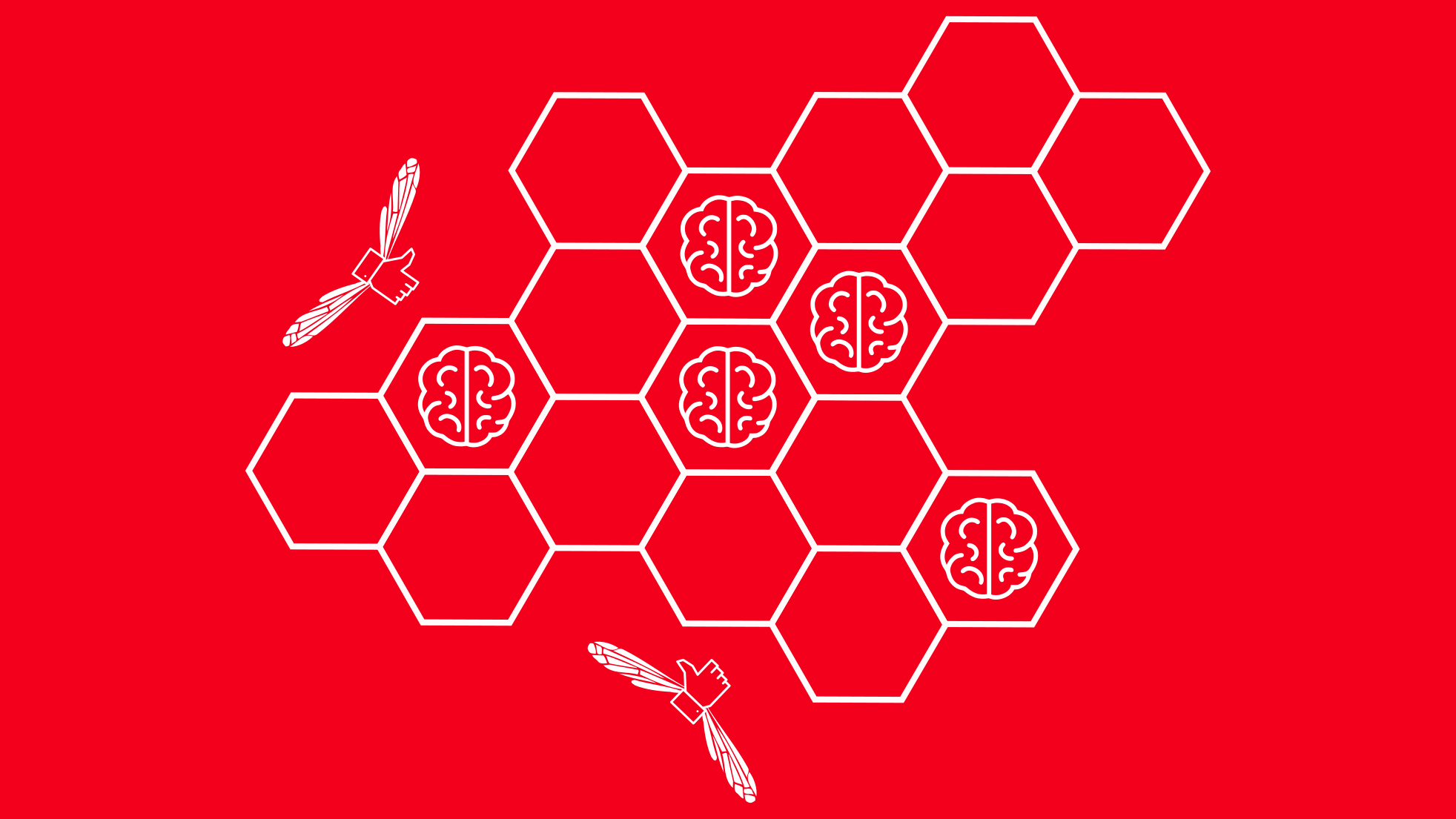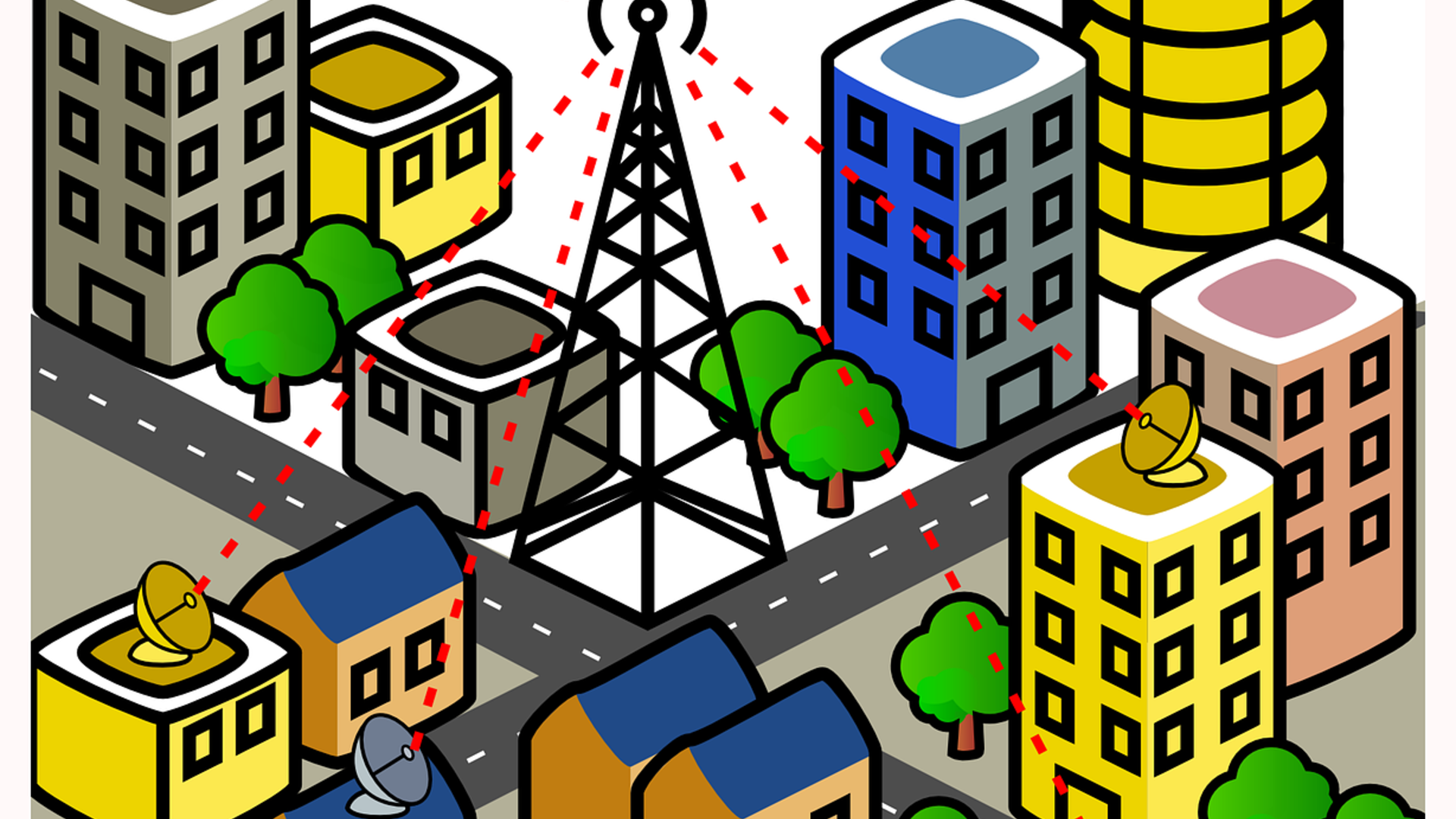Repair, or replace? It may not be your choice.
If you’ve bought a new electronic device – phone, laptop, and so on – in the last several years, you might have noticed a few changes from older devices. Yes, of course the software looks newer and the device is probably smaller, but there’s another change too: it resists being taken apart or repaired. Maybe the screws are a weirder shape, or you can’t take the battery out. Or, maybe you’ve tried and after turning the device back on it refuses to work or gives you error messages that make it hard to use. Instead, you might have had to take it back to the company or simply buy a new one, probably costing more money.
That’s not an accident – companies would prefer that you pay them, instead of letting you pop in a new battery yourself to get a few more years out of a device that otherwise works fine. And, it’s not out of a concern for safety because products can be designed to be easy and safe to repair. Take, for example, Framework, which ...









